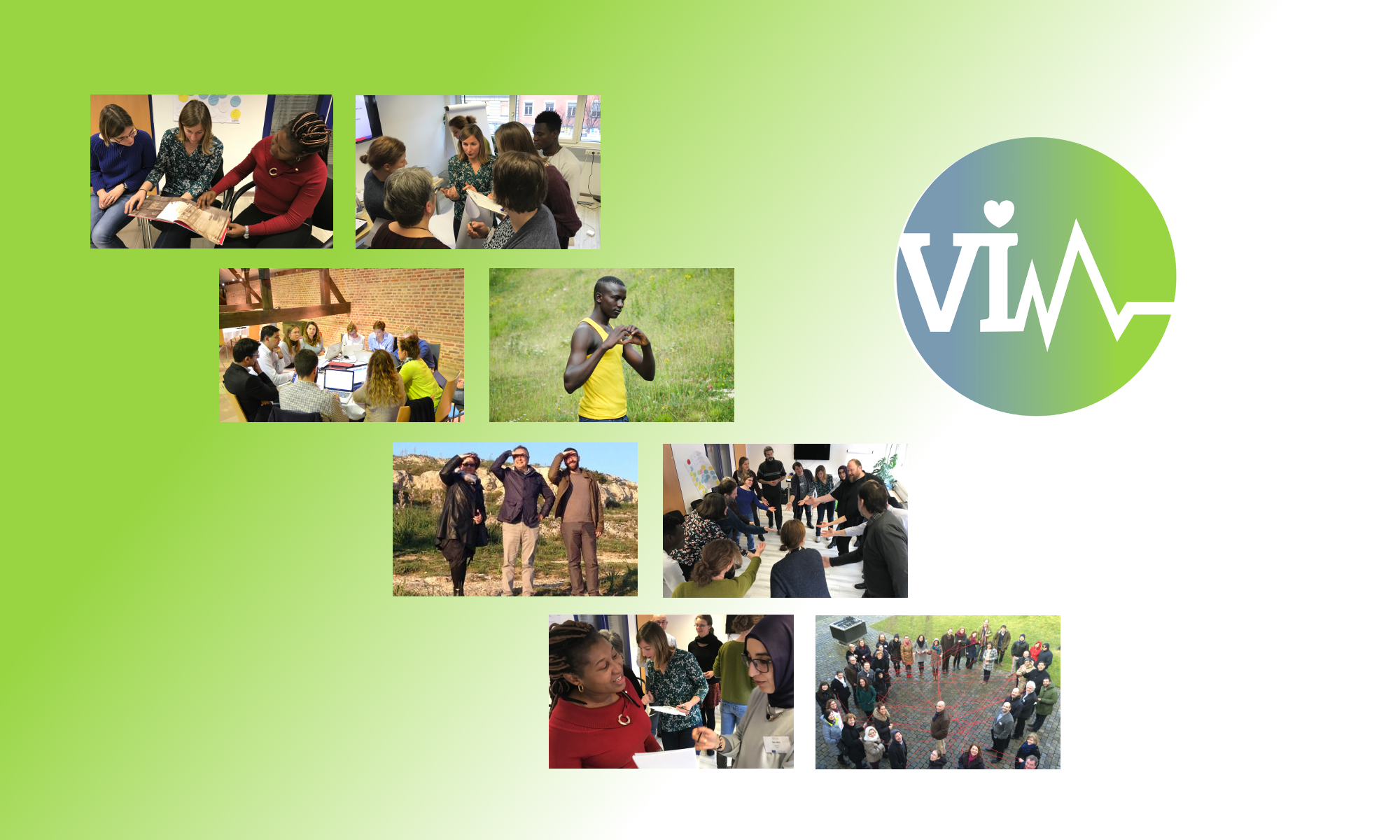The present project builds on the experience gained in “Health Box”, a very successful LLP-funded project (www.healthbox.eu).
Health Box addressed the fact that adults who are socio-economically disadvantaged and with a low level of education belong to the groups of adults most at risk of acquiring a physical or mental lifestyle disease. These adults are less likely to participate in traditional health education or to be reached by health information campaigns. Any strategy designed to help them to acquire a healthier lifestyle and thus prevent illness must therefore seek to address these adults where they may be reached rather than expecting them to come to explicit health education seminars. Adult educators who work with the final beneficiaries of this project in different contexts need to be made aware of health issues and be provided with small-format, ready-to use training materials for health promotion which they could be easily integrate in classes on subjects other than health. Health Box developed micro-learning units on six crucial healthy-lifestyle topics: alcohol misuse, unhealthy nutrition, physical inactivity, smoking, stress, substance misuse.
The general approach of integrating small health education units in other training contexts (e.g. labour market training) was highly successful and shall now be transferred to the target group of refugees and (newly arrived) migrants, on the one hand, and migrants who have been in the host country for a longer time but have not been fully integrated in the society, on the other hand.
Staying in good health, adopting healthy life styles and being informed about the health system of the host country as well as having confidence to make use of it are pre-requisites of successful integration of refugees and newly arrived migrants.
